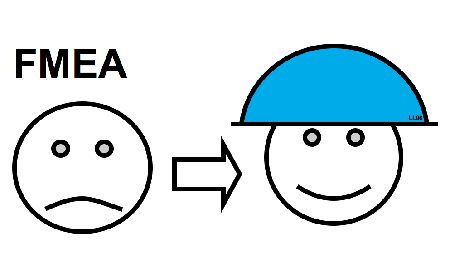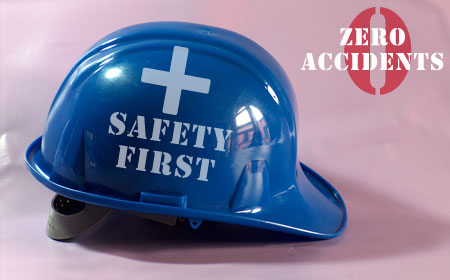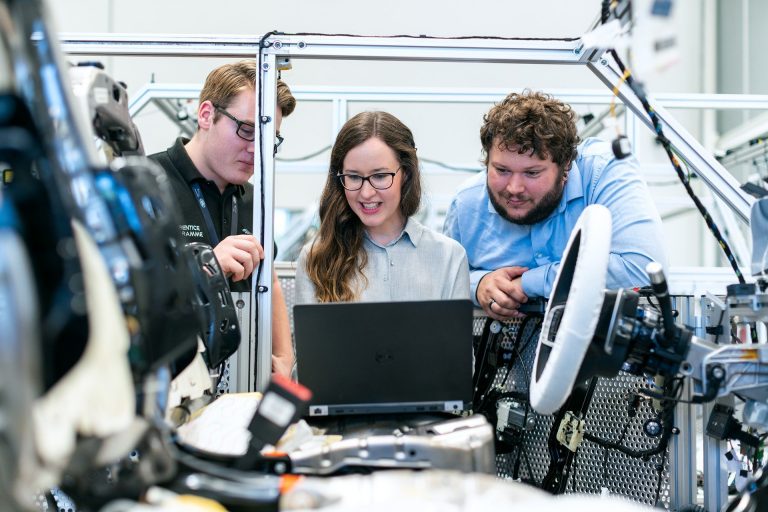May 26-27, 2014
9am – 5pm
Vivere Hotel, Alabang
Fee: Php 9,500.00 / person plus 12% VAT
- Early Registration Payment: Ten-Percent (10%) Discount if PAID thirty (30) days before the training date
- Group Discount: Five-Percent (5%) on Three (3) or More Participants
[tabs slidertype=”left tabs”]
[tabcontainer]
[tabtext] About [/tabtext]
[tabtext] Course Outline [/tabtext]
[tabtext] Facilitator [/tabtext]
[tabtext] Bank Details [/tabtext]
[/tabcontainer]
[tabcontent]
[tab]
Program Synopsis
Problem solving initiatives should have a system of traceability and activity tracking to prevent redundancy and get rid of replicating activities, as well as a way of ensuring defined actions have been put in place. This seminar on FMEA is designed to provide the participant with the basic tools used in the deduction process and to systematize the execution to installation stage. FMEA is a systematic technique for identifying the failure modes of a product or process and assess the risk associated with those failure modes.
At the end of the seminar, participants are expected to: enhance their problem solving steps with7 QC tools; build positive team interactions; be familiar with Mil Std document reference; Apply FMEA to specific processor design elements; Zero in on critical process or design elements that need immediate attention; optimize the roles and contributions of team members; and continue the work begun in the initial session through additional FMEA follow-through to closure sessions. 1-2days
Program Objectives
- Participants shall acquire an easy to use and yet powerful pro-active quality method that helps you to identify and counter weak points in products and processes that improve reliability and quality.
- Customer satisfaction is increased thru early identification and elimination of potential product/process failures.
- To provide tools addressing quality issues before they become problems.
[/tab]
[tab]
Program Outline
- ANALOGOUS THINKING METHODS
- Learning Gap Identification
- Nan-In Story
- Quality History
- Review on QC tools and how are they used
- QC Story
- FMEA OVERVIEW – Mil Std 1629
- Basic principles of FMEA (Design / Process)
- Benefits
- Typical applications
- Relationship and timing of Design and Process FMEA
- Participant’s Exercise (8D)
- FMEA team
- Brainstorming tips
- Documentation
- Step-by-step procedure
- Application simulation.
[/tab]
[tab]
Serafin ‘Jig” B. Lasquety, Jr.
Jig is regular resource speaker on QC Tools, Poka-Yoke, 5C/5S Gemba, TPM, Lean, Biz Process Improvement, and Six Sigma. With over 30 years of production floor experience in operations, maintenance, production, production control, process engineering, quality assurance, business process improvement, enterprise resource planning, organization development & training and information communication technology.
He is one of the four Six Sigma Gurus of Motorola Phil in the 80’s, managed TPM site office at Amkor Technology Phil in the 90’s and market TPM AVP at Nestle in 2009-2010.
He is a Certified 6 Sigma Expert Black Belt and Certified Course Instructor, a TPM Coach and a Registered Lean Instructor.
Undergone specialized training on para-statistics & advanced diagnostics, including DOE, POKA YOKE, P-M, Analysis, FMEA, MPCpS, 5C/5S, GR&R, 8D, A3, QC tools, Six Sigma, Lean Management, WCM & JIPM TPM methodologies, change management (OD), Gestalt Process Facilitation, enterprise resource planning and business process improvement in Japan, Malaysia, Korea, Brazil and the USA.
Jig was employed in various engineering capacities with the following multi-national manufacturing concerns: Dynetics• Motorola• Sprague Electric• Sanken Electric • Amkor Technologies• Nestle.
He holds the following academic credentials:
- Electro-Mechanics, Don Bosco Technical Institute
- B.Sc. Electronics Engineering, University of Sto. Tomas
- M.Sc. Industrial Engg, Candidate, University of the Philippines
- MBA SEP-MM, Candidate, Ateneo de Manila University
- Organization Development, Diploma, De La Salle University
- Registered & Licensed Real Estate Broker
[/tab]
[tab]
BANCO DE ORO (BDO)
Account Name:
Aguila Group Companies (AGC) Development Corporation
Account Number:
00 543 801 3291
Bank Address:
Alfaro-Salcedo Village Branch, PCCI Bldg., 118 Alfaro St., Salcedo Village, Makati City 1227, Philippines
Swift Code:
BNORPHMM
[/tab]
[/tabcontent]
[/tabs]











+ There are no comments
Add yours